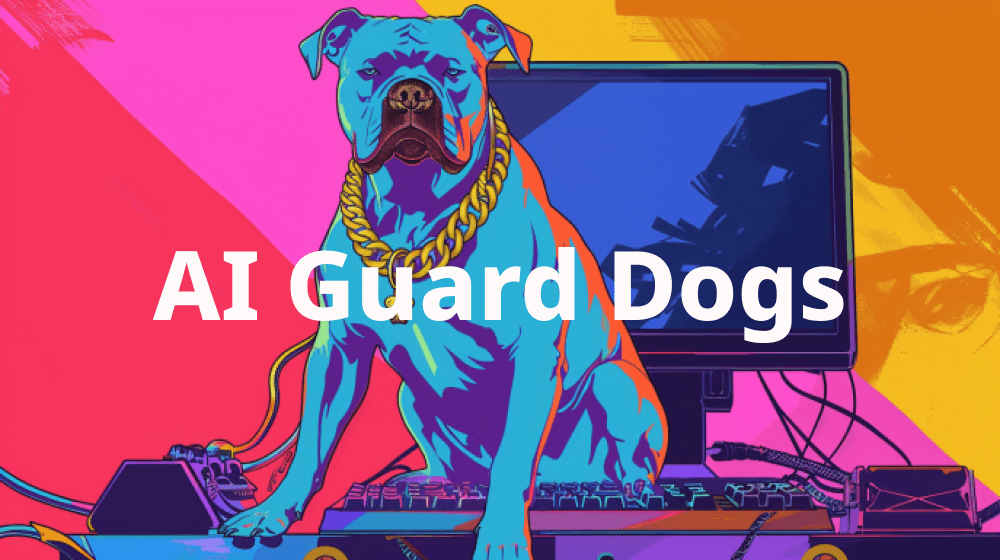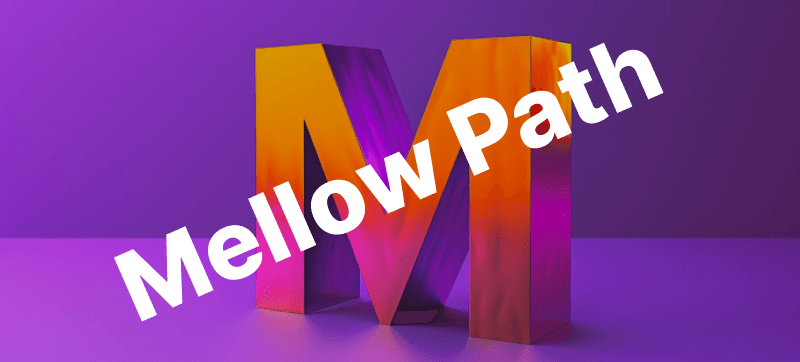Microsoft's new advanced AI PCs will recall every move you make on your PC. Some may think this is a huge leap in productivity, but how do you feel about being watched?

Daniel MacDougall
Microsoft’s New AI: The Digital Overseer of Your PC
In a world increasingly dominated by artificial intelligence, Microsoft has introduced a new AI that takes digital oversight to the next level. This AI - Copilot+- monitors everything you do on your PC, from browsing the web to typing documents. While this technology promises to enhance productivity and security, it raises significant concerns about privacy and autonomy.
How do you feel about having an all-seeing eye inside your PC?
The pros of Microsoft's Copilot+ AI watchdog
Enhanced Productivity
One of the primary benefits of Copilot+ AI is its potential to boost productivity. The AI can learn your habits and workflows, suggesting shortcuts and automating repetitive tasks.
For example, it might suggest opening certain documents at specific times based on your routine or streamlining your email management. By reducing the time spent on mundane tasks, Microsoft preaches enhanced productivity.
Improved Security
Another advantage is the enhanced security the AI provides. By continuously monitoring your activities, the AI can detect unusual behavior that may indicate a cyber threat, such as malware or phishing attacks. This proactive approach can help protect sensitive data and prevent security breaches before they cause significant damage. Do not forget that Microsoft knows all your PC's business.
Personalized Experience
The AI can tailor your computing experience to better suit your needs and preferences. By learning what you use most frequently, it can optimize system resources and provide personalized recommendations for software and tools.
This customization can make your interactions with your PC more intuitive and efficient. Although, how will it react when you try new searches and ideas on your PC?
The Cons of Being Watched by an AI
Privacy Concerns
The most significant drawback of this technology is the potential invasion of privacy. Knowing that an AI monitors your every move can feel intrusive and uncomfortable.
There is always the risk that sensitive personal information could be accessed or misused, intentionally or accidentally. This constant surveillance could lead to a significant loss of personal freedom and autonomy, as users may feel pressured to alter their behavior to avoid scrutiny.
Data Security Risks
While the AI aims to enhance security, it also introduces new vulnerabilities. The data collected by the AI needs to be stored somewhere. If this storage is not adequately protected, it could become a target for hackers.
A breach of this data could lead to severe consequences, including identity theft and financial loss. The more data collected, the greater the risk of that data being compromised, and what will Microsoft do with all your data? Remember, information is king in the digital age.
Dependence on Technology
Relying heavily on AI for daily tasks can lead to an over-dependence on technology. Users might lose essential skills or become less proactive in problem-solving if they rely too much on AI assistance.
This dependence can be detrimental, especially if the AI system fails or encounters an error, leaving users without the necessary skills to manage their tasks independently.
Why This Could Be a Bad Thing
The implications of an AI that watches everything you do extend beyond the immediate pros and cons.
Erosion of Trust:
Constant surveillance can erode trust between users and their devices. When users feel watched, they may become more cautious and less willing to explore or innovate, stifling creativity and personal growth.
Ethical Implications:
The ethical ramifications of such pervasive monitoring are profound. There is a fine line between helpful assistance and unwarranted intrusion. The deployment of such technology raises questions about consent, control, and the right to privacy.
Mental Health Impact:
The psychological effects of knowing that an AI is always watching can be significant. Users might experience increased stress and anxiety, feeling constantly judged or monitored, which can impact overall mental well-being.
Autonomy and Agency:
The more control we cede to AI, the less agency we retain over our actions. This shift can lead to a passive approach to technology, where users are guided by algorithms rather than making independent choices.
Conclusion
Microsoft’s new AI that monitors your PC usage is a double-edged sword. While it offers considerable benefits in terms of productivity, security, and personalization, it also brings substantial concerns about privacy, data security, and personal autonomy.
As we navigate this technological landscape, it is crucial to strike a balance that leverages the advantages of AI while safeguarding our fundamental rights and freedoms.


